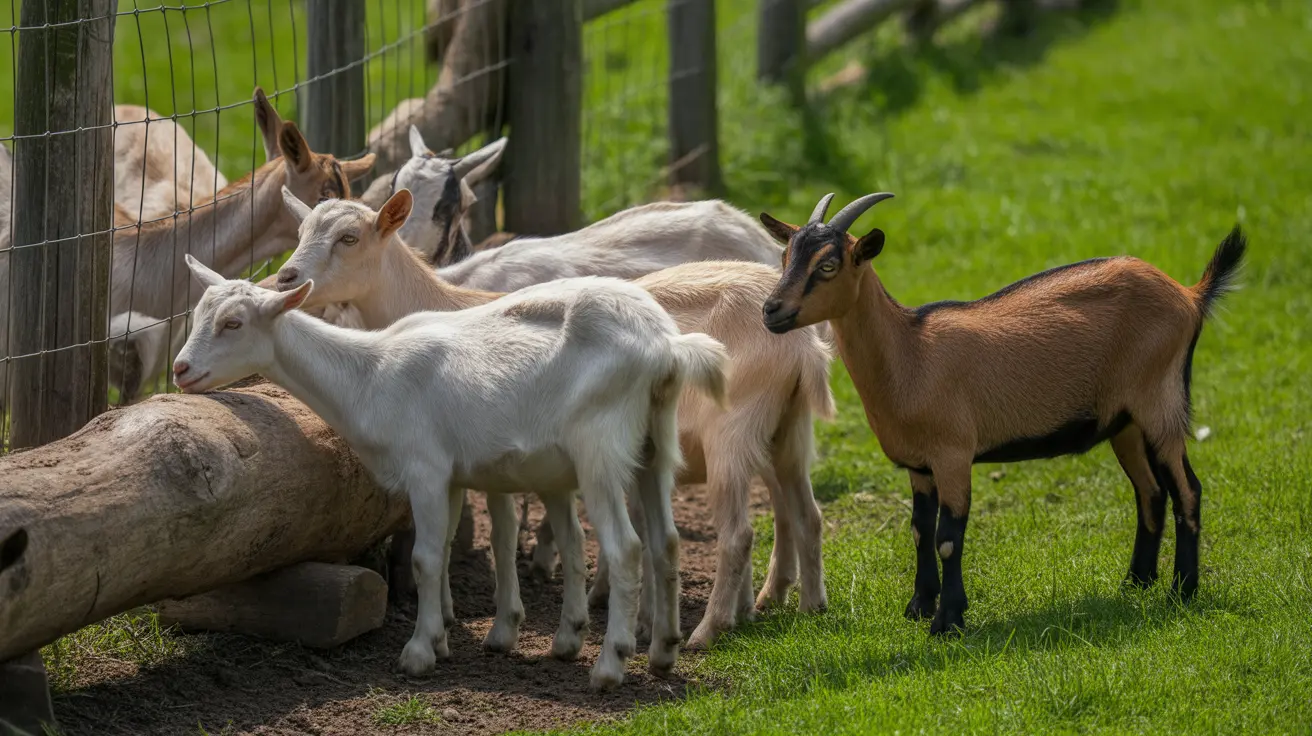Understanding Aggression in Golden Retrievers: How Common Is It?
Golden Retrievers are considered one of the most beloved and family-friendly dog breeds worldwide. Known for their gentle nature, loyalty, and affectionate temperament, they are often the top choice for households with children, other pets, and for roles such as therapy or service dogs. But dog owners and potential adopters may still wonder: Is aggression common in Golden Retrievers?
The short answer is no — but let's explore the causes, risks, and preventive strategies to better understand this behavior.
Temperament and Genetics
Golden Retrievers, as a breed, are genetically predisposed to being friendly, calm, and tolerant. Unlike more reactive breeds, they do not commonly exhibit aggressive tendencies. However, individual variability exists. Poor breeding practices can result in dogs with temperament flaws, even in an inherently gentle breed.
What Can Trigger Aggression?
Even in Golden Retrievers, certain triggers and stimuli can provoke aggressive behavior:
- Fear: Reacting to unfamiliar people, loud noises, or strange animals.
- Pain: Chronic illness, injury, or soreness can lower tolerance levels.
- Resource guarding: Protecting food, toys, or favorite sleeping spots.
- Territorial behavior: Guarding the household space or reacting to perceived intruders.
- Prey drive: Instinctual chasing of smaller animals or sudden movements.
Even the most tolerant Golden Retrievers may snap or growl when startled or if they feel threatened, especially if pain or discomfort is involved.
Importance of Socialization
A critical factor in developing a well-rounded and non-aggressive dog is early socialization. The ideal window is from 3 to 16 weeks of age. During this period, puppies should be exposed to:
- Different people
- Other animals
- Environment stimuli like crowded places and loud sounds
- Gentle handling of all body parts
Lack of early exposure may result in fear aggression or reactive behaviors later in life. Puppies who don't encounter a variety of people and situations during this formative time may become fearful or defensive.
Medical Causes of Aggression
Sometimes, sudden aggression may signal an underlying health issue. Common medical triggers include:
- Hypothyroidism
- Brain tumors or neurological conditions
- Canine cognitive dysfunction (dog dementia)
- Arthritis and joint pain
- Skin and ear infections
- Adverse reactions to medications
If a Golden Retriever begins to show unexpected signs of irritability or aggression, especially in older dogs, a full veterinary evaluation is strongly advised.
Warning Signs of Aggression
Recognizing early warning signs can help prevent escalation:
- Stiff or tense posture
- Staring intensely
- Growling or deep barking
- Baring teeth
- Lunging or attempting to bite
- Retreating or hiding
Dogs rarely attack without giving some warning. Recognizing these behavioral changes enables timely intervention and safer management.
Prevention and Management Strategies
Addressing aggression requires a multi-layered approach:
- Socialize early — enroll puppies in kindergarten classes and introduce them to new people and situations.
- Use positive reinforcement — reward good behavior with treats, praise, and affection.
- Avoid physical punishment — it can increase fear and worsen aggression.
- Exercise and mental stimulation — daily walks, playtime, and training reduce pent-up energy and anxiety.
- Work on resource guarding behaviors — through techniques like hand feeding and managing feeding spaces.
- Consult a veterinarian — to rule out medical conditions as causes for aggressive acts.
- Work with behavior experts — in severe cases, certified trainers or veterinary behaviorists offer advanced strategies.
Other Influencing Factors
Although Golden Retrievers are pleasant in temperament, external factors like abuse, neglect, or trauma can lead to defensive or reactive behaviors. Moreover, intact males may exhibit stronger territorial or dominance behaviors than neutered males or females.
A recent study even showed aggression levels in Golden Retrievers were so low that researchers had difficulty measuring them using typical aggression scales. Most aggressive behaviors in the breed were limited to growling or barking rather than biting.
There's also some ongoing discussion regarding diet-related aggression. Specific protein levels in a dog's food may influence aggressive behavior, though studies have shown the effect on Golden Retrievers is minimal.
In Summary
Golden Retrievers are not naturally aggressive dogs. Most are calm, affectionate, and sociable — traits that make them ideal family pets. However, no dog is completely immune to aggression. Recognizing the early signs, understanding the triggers, and taking proactive steps in training, socialization, and health care will ensure your Golden stays friendly and well-adjusted.
If you notice behavioral changes in your normally sweet-natured Golden Retriever, don’t ignore them. Seek professional guidance and trust that with the right support, most behavioral challenges can be effectively managed or resolved.





